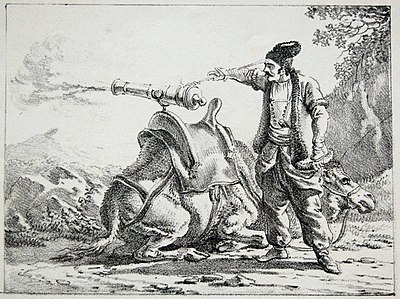thomas.berubeg
Wandering the World
The candidates and parties of the election of 1894 in the CSA.
Stone Democrats:
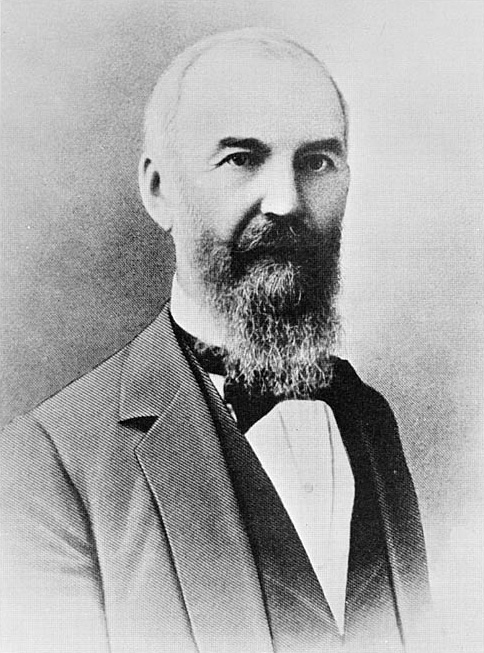
Henry Dickerson McDaniel
The Party of the Status Quo, the Stone Democrats maintain that the CSA is moving in the right direction. Nowhere is this most exemplified than in the person of Henry Dickerson McDaniel. A consummate confederate and War Hero, best known for taking command, as a Colonel, of the Battle of Knoxville Bridge after the death of all commanding officers, and turning a retreat from the city into a successful holding action and reconquest. After the Atlantic war, McDaniel entered politics, serving first as senator of Georgia, and then later as President Stone’s Secretary of State. Though in some circles, the legacy of stone has little cachet, in many others, combined with the prestige associated with a War Hero, it is believed that the Democrats hold a solid chance to retain control of the presidency. Rumors swirl, however, that McDaniel is resentful of the fact that the Alliance he personally brokered with Great Britain was dismissed, though publically, he has never made any comment towards the matter.
Modernists:

Stand Watie Jr
Son of the famed War hero and Cherokee chief Stand Watie, and founder and owner of Austenaco, the largest steel-works and manufactory west of the Mississippi, Stand Watie Jr stands for an alliance of like minded industrialists who seek to move the CSA into a modern, industrial, state. The Modernists champion job growth through greater mechanization, and claim that only a modern, industrial state can compete globally. They point to the global shortage of industrial capital, and the high cost of mechanical and industrial products as a sign that the CSA needs to invest and capitalize. Many of the modernist leaders see themselves as modern enlightened rulers, spreading their wealth outwards and downwards, a stream of wealth from them, the sources, down through the masses, which will undoubtedly grow the economy. Of the mainstream parties, the Modernists may be the party most closely linked with abolitionism, though only in that they support efficiency in business: there is no point holding to an outdated and expensive practice simply because of Ideology, when automation would be cheaper and more effective.
Dominion Part:

Billy Sunday
The Party of the Dominion of God, or the Ephesians, emerged recently as part of a schism within the faithist party, which remains closely tied to the Democrats. The Dominion party is the party of Billy Sunday, a former athlete, evangelical preacher, and Senator, and revolves heavily around a society pure of vice and sin. Though his advocacy for Prohibition is a tarnishing mark, Billy Sunday has nonetheless found dramatic support among poorer confederates for his strong belief in individualism, competitiveness, and personal discipline. Billy Sunday’s charisma and energy on stage has found him with unexpected support, even as he advocates for Child Labor Laws, Woman’s Suffrage, and against Capitalists who “who would not pick the pockets of one man with the fingers of their hand" but who would "without hesitation pick the pockets of eighty million people with fingers of their monopoly or commercial advantage.” Billy Sunday has, in the past, expressed Sympathy for the Black Man, with a famous sermon teaching that the worth of a man is found in how he treats his lessers, though he has never expressed any support for Abolitionism.
Hawks:
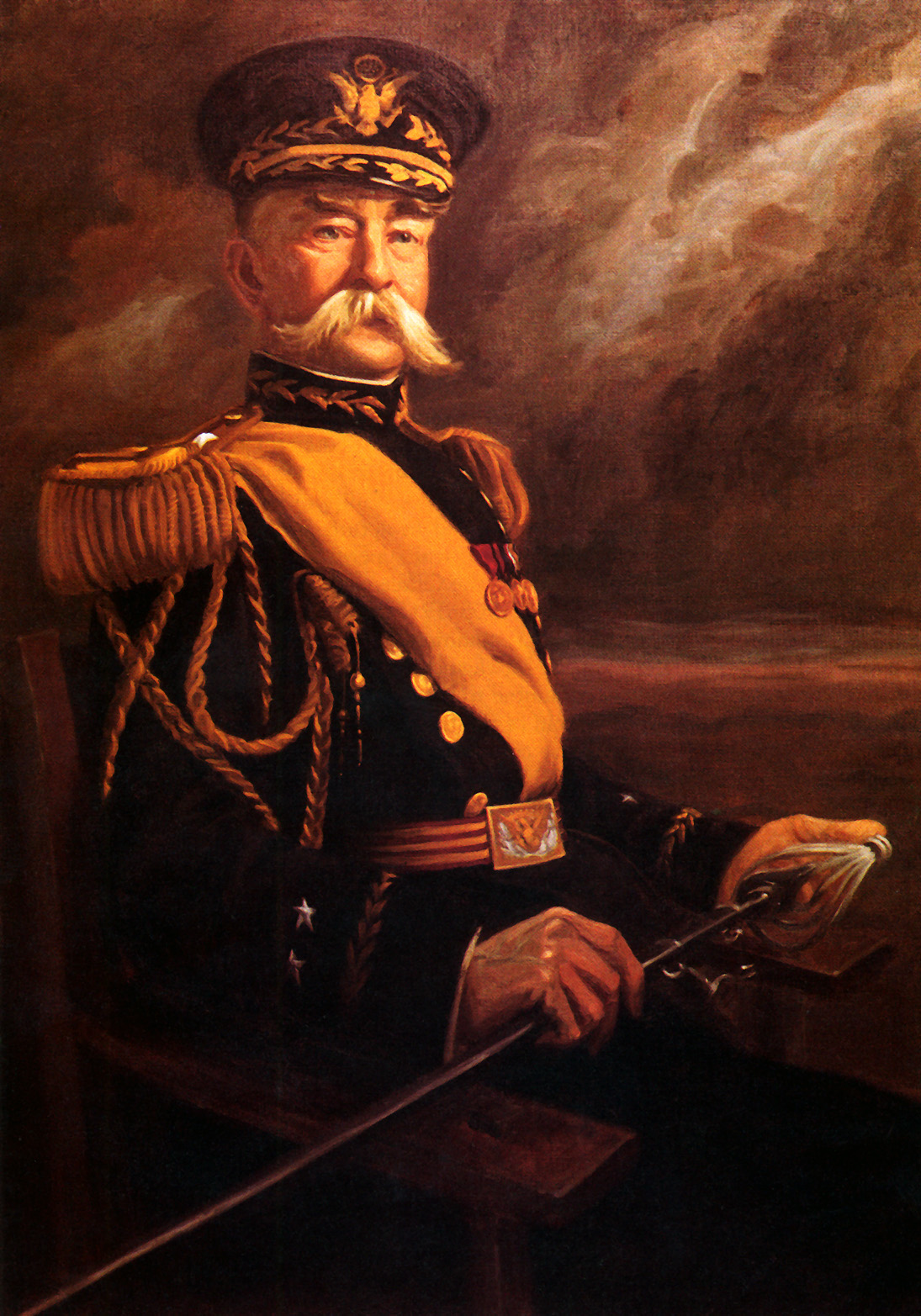
William Wallace Wotherspoon
Admiral William Wallace Wotherspoon was a young Naval Officer during the Atlantic War, participating in the Siege of New York and the Relief of Savannah. He is a career officer, descendant of Career officers, and has risen through the ranks of the Admiralty quickly. William Wallace Wotherspoon believes strongly in the might of Confederate forces, and has advocated for a modernization campaign to bring the Confederate’s Naval Forces up to par with the Union’s, the REAL threat the CSA faces, in his eyes. Wotherspoon also advocates an imperialist global policy, imposing Dixie values, and hegemony, through gunboat diplomacy.
Mercantiles:
(No picture)
John Sidney McCain
The Mercantiles are the other side of the coin to the Hawkes, and both are likely to form coalitions with the other, if one gains power. The Mercantiles are generally speaking the Agriculturalist counterpart to the Industrialist Modernists, though they are significantly more conservative. The Mercantiles seek to maintain and expand Confederate cultural might throughout the globe through export of unique confederate goods, art, and intellectual property. They plan to govern with the thought that it is only through this kind of global hegemony (such as that in textiles and fashion that the CSA already has) that wealth and security will come to Dixie. John Sidney McCain is a plantation owner in Mississippi, and a caney businessman, having opened rubber plantations in Africa and export houses throughout wartorn europe.
Faithist:
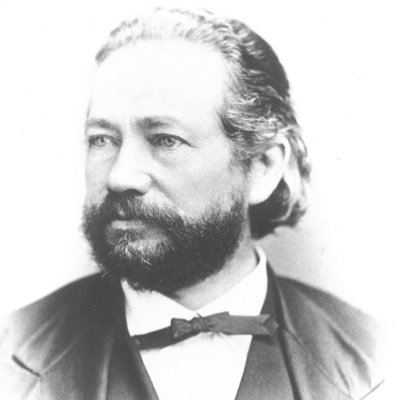
James Petigru Boyce
The faithists are weaker than they were even two years ago, many members having been seduced away to the Dominionists. Nevertheless, the Faithists are an important presence in Dixie Politics, representing the interests of the various evangelical groups in the south. Despite policies of social conservatism, the Faithist Party advocates for social support programs via charity and opportunity, workhouses and a general policy of stewardship of the resources of the earth. Though aged, James Petigru Boyce has not lost the energy and charisma that made him a successful pastor for many years. His role in the Stone administration as Postmaster General was a small one, though it remains to be seen whether it will affect his chances.
Confederates:

Daniel Lindsay Russell
The Populares believe that, to remain strong and important on the world stage, and to stave off social and political unrest, power needs to centralize under the federal government. The Confederates argue that the disunity of the Confederate government is dangerous, allowing foreign actors to interfere and actively work to harm the CSA from within. Daniel Lindsay Russel comes from an important North Carolina Planter Family, and was commissioned during the Atlantic War, before becoming active in politics.
Populares:
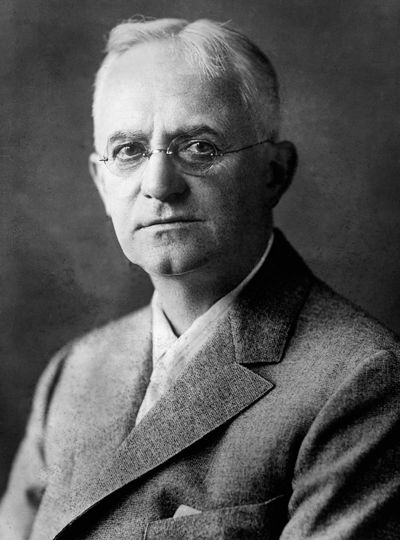
William Aiken III
The Populares aim to abolish the office of the Presidency entirely, as well as the executive, claiming that it is a relic of the USA, and that the existence of a federal government is entirely anathema to the ideals around which the CSA was built. Their beliefs state that it is impossible for a centralized government to truly follow the will of the people, and that, instead, a central government will rule for it’s own sake. Their candidate, William Aiken III, was a military man, actively fighting in the Western Campaign against the Union before being injured. He became a philosopher and policy writer while recovering in a hospital, penning a number of well-regarded treatises on Government and the dangers of Centralized Authority. William Aiken III has campaigned on a promise to be the last president of the CSA, and to rework Dixie into a truly confederate alliance of sovereign states.
Stone Democrats:
Henry Dickerson McDaniel
The Party of the Status Quo, the Stone Democrats maintain that the CSA is moving in the right direction. Nowhere is this most exemplified than in the person of Henry Dickerson McDaniel. A consummate confederate and War Hero, best known for taking command, as a Colonel, of the Battle of Knoxville Bridge after the death of all commanding officers, and turning a retreat from the city into a successful holding action and reconquest. After the Atlantic war, McDaniel entered politics, serving first as senator of Georgia, and then later as President Stone’s Secretary of State. Though in some circles, the legacy of stone has little cachet, in many others, combined with the prestige associated with a War Hero, it is believed that the Democrats hold a solid chance to retain control of the presidency. Rumors swirl, however, that McDaniel is resentful of the fact that the Alliance he personally brokered with Great Britain was dismissed, though publically, he has never made any comment towards the matter.
Modernists:

Stand Watie Jr
Son of the famed War hero and Cherokee chief Stand Watie, and founder and owner of Austenaco, the largest steel-works and manufactory west of the Mississippi, Stand Watie Jr stands for an alliance of like minded industrialists who seek to move the CSA into a modern, industrial, state. The Modernists champion job growth through greater mechanization, and claim that only a modern, industrial state can compete globally. They point to the global shortage of industrial capital, and the high cost of mechanical and industrial products as a sign that the CSA needs to invest and capitalize. Many of the modernist leaders see themselves as modern enlightened rulers, spreading their wealth outwards and downwards, a stream of wealth from them, the sources, down through the masses, which will undoubtedly grow the economy. Of the mainstream parties, the Modernists may be the party most closely linked with abolitionism, though only in that they support efficiency in business: there is no point holding to an outdated and expensive practice simply because of Ideology, when automation would be cheaper and more effective.
Dominion Part:

Billy Sunday
The Party of the Dominion of God, or the Ephesians, emerged recently as part of a schism within the faithist party, which remains closely tied to the Democrats. The Dominion party is the party of Billy Sunday, a former athlete, evangelical preacher, and Senator, and revolves heavily around a society pure of vice and sin. Though his advocacy for Prohibition is a tarnishing mark, Billy Sunday has nonetheless found dramatic support among poorer confederates for his strong belief in individualism, competitiveness, and personal discipline. Billy Sunday’s charisma and energy on stage has found him with unexpected support, even as he advocates for Child Labor Laws, Woman’s Suffrage, and against Capitalists who “who would not pick the pockets of one man with the fingers of their hand" but who would "without hesitation pick the pockets of eighty million people with fingers of their monopoly or commercial advantage.” Billy Sunday has, in the past, expressed Sympathy for the Black Man, with a famous sermon teaching that the worth of a man is found in how he treats his lessers, though he has never expressed any support for Abolitionism.
Hawks:

William Wallace Wotherspoon
Admiral William Wallace Wotherspoon was a young Naval Officer during the Atlantic War, participating in the Siege of New York and the Relief of Savannah. He is a career officer, descendant of Career officers, and has risen through the ranks of the Admiralty quickly. William Wallace Wotherspoon believes strongly in the might of Confederate forces, and has advocated for a modernization campaign to bring the Confederate’s Naval Forces up to par with the Union’s, the REAL threat the CSA faces, in his eyes. Wotherspoon also advocates an imperialist global policy, imposing Dixie values, and hegemony, through gunboat diplomacy.
Mercantiles:
(No picture)
John Sidney McCain
The Mercantiles are the other side of the coin to the Hawkes, and both are likely to form coalitions with the other, if one gains power. The Mercantiles are generally speaking the Agriculturalist counterpart to the Industrialist Modernists, though they are significantly more conservative. The Mercantiles seek to maintain and expand Confederate cultural might throughout the globe through export of unique confederate goods, art, and intellectual property. They plan to govern with the thought that it is only through this kind of global hegemony (such as that in textiles and fashion that the CSA already has) that wealth and security will come to Dixie. John Sidney McCain is a plantation owner in Mississippi, and a caney businessman, having opened rubber plantations in Africa and export houses throughout wartorn europe.
Faithist:

James Petigru Boyce
The faithists are weaker than they were even two years ago, many members having been seduced away to the Dominionists. Nevertheless, the Faithists are an important presence in Dixie Politics, representing the interests of the various evangelical groups in the south. Despite policies of social conservatism, the Faithist Party advocates for social support programs via charity and opportunity, workhouses and a general policy of stewardship of the resources of the earth. Though aged, James Petigru Boyce has not lost the energy and charisma that made him a successful pastor for many years. His role in the Stone administration as Postmaster General was a small one, though it remains to be seen whether it will affect his chances.
Confederates:

Daniel Lindsay Russell
The Populares believe that, to remain strong and important on the world stage, and to stave off social and political unrest, power needs to centralize under the federal government. The Confederates argue that the disunity of the Confederate government is dangerous, allowing foreign actors to interfere and actively work to harm the CSA from within. Daniel Lindsay Russel comes from an important North Carolina Planter Family, and was commissioned during the Atlantic War, before becoming active in politics.
Populares:

William Aiken III
The Populares aim to abolish the office of the Presidency entirely, as well as the executive, claiming that it is a relic of the USA, and that the existence of a federal government is entirely anathema to the ideals around which the CSA was built. Their beliefs state that it is impossible for a centralized government to truly follow the will of the people, and that, instead, a central government will rule for it’s own sake. Their candidate, William Aiken III, was a military man, actively fighting in the Western Campaign against the Union before being injured. He became a philosopher and policy writer while recovering in a hospital, penning a number of well-regarded treatises on Government and the dangers of Centralized Authority. William Aiken III has campaigned on a promise to be the last president of the CSA, and to rework Dixie into a truly confederate alliance of sovereign states.

